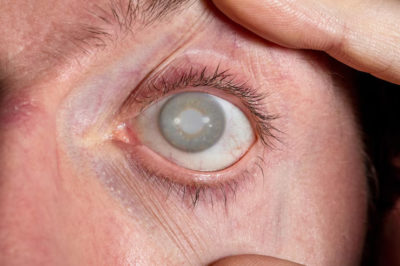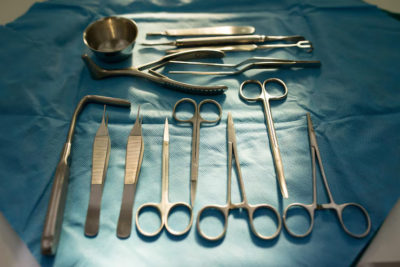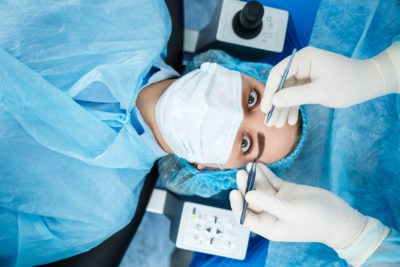We all have someone in our family – parents, grandparents, uncles or aunts who have to undergo cataract surgery at some point or the other. When you or a loved one are handed a diagnosis of cataract and advised to undergo Cataract Surgery, the very thought can give rise to a lot of questions, anxieties and fears. One major cause of apprehension is – What will happen during Cataract Operation? What to expect after Cataract Surgery? Just knowing what will happen and what we are expected to do, can ease a lot of our anxieties.
Cataract surgery involves removing the natural eye lens which has opacified and replacing it with an artificial lens called an intraocular lens (IOL). Cataract operation is usually performed by Phacoemulsification. Newer stitchless cataract surgeries called MICS (minimal incision cataract surgery) help a faster and gentler recovery. Nonetheless, a cataract surgery requires some precautions after the surgery. Here is a list of Do’s and Don’ts that a patient is expected to follow after Cataract Surgery.
Do’s:
- You may begin shaving after the 3rd day after Cataract Operation.
- You can resume activities like watching TV or shopping after 2-3 days of surgery. You may resume all your routine household activities after a week.
- Do instil eye drops regularly, as advised by your eye doctor.
- Do wash your hands with soap and water before you apply any eye medications.
- Do wear a protective eye cap at night for a week.
- Do clean your eyes with clean boiled water using cotton, 2-3 times a day.
- Do contact your eye surgeon immediately if there is any problem.
Dont’s:
- Do not rub your eye with your hands. This can dislodge the stitches if any have been used or impair the healing processs after stitchless surgery. Also, it can cause eye infections. If your eye waters or itches, you can wipe it gently with a clean tissue or a sterile, moist cotton swab.
- Do not have a shower bath for the first 10 days after surgery. You can take a bath below the chin only and use a wet towel to wipe your face.
- Eye washing with normal water is not allowed for 10 days.
- Do not indulge in activities that might cause damage to your eyes. Do not play with children or engage in contact sports or activities like swimming for a month to avoid any chances of infections or injuries.
- Do not lift heavy weights. If possible, avoid deep and straining cough, sneezing and straining hard for stools for a month. These activities might increase the pressure in your eyes.









